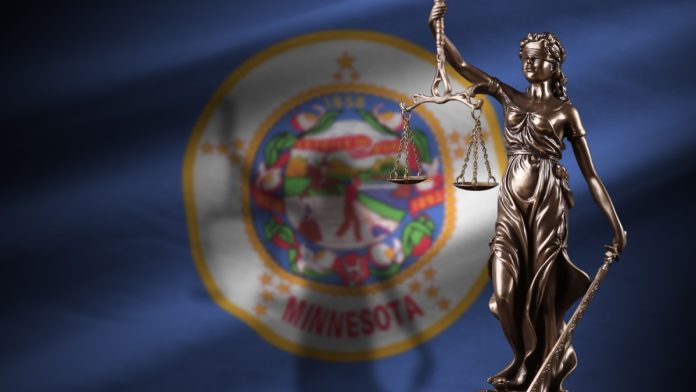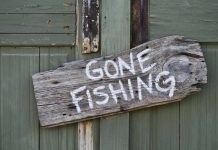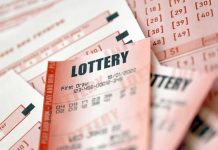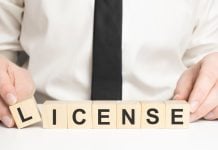Minnesota lawmakers are continuing to discuss an online sports betting and daily fantasy sports bill amid a potential grim outcome.
House Bill 2000 was approved by a 12-9 vote on Tuesday by the Minnesota House Taxes Committee as a piece of legislation that authorizes DFS contests and online sports betting in partnership with the state’s federally recognized tribes. HB 2000, sponsored by Rep. Zack Stephenson, has been referred to the Ways and Means Committee but faces an uphill battle to be signed into law as House members believe it will fail in the Senate.
“One thing I’ve learned over the years is you don’t provide false hope,” Rep. Greg Davids told committee members on Tuesday. “And I think that’s really what we’ve done here.”
HB 2000 will require bipartisan support following the arrest of Democratic Sen. Nicole Mitchell last week for alleged burglary. The arrest has seen Mitchell’s committee and voting privileges revoked as Democrats previously held a one-vote majority in the Senate.
Stephenson’s measure, which was introduced in February, aims to grant up to 11 wagering licenses tied to state tribes that are valid for 20 years. The measure proposes a 20% tax rate on online sports betting revenue with DFS operators levied a 10% tax rate.
Stephenson projects regulated sports betting and DFS to generate $40 million in tax cuts for Minnesota charities within three years of regulated wagering and DFS in the state.
“It’s been our goal to bring the taxes down to a level where our organizations have the funds available to contribute more to their communities than they pay in taxes,” added Rachel Jenner, Executive Director of Allied Charities of Minnesota.
HB 2000 also aims to provide $625,000 in funding for horse racing tracks in FY2026.
Contentious legal battles in Minnesota
The state’s horse racing tracks have emerged as critical topics of discussion this legislative session due to ongoing legal disputes.
Earlier this month, the Shakopee Mdewakanton Sioux Community filed a lawsuit against the Minnesota Gaming Commission (MGC) to challenge its decision to authorize historical horse racing machines. The machines are authorized to operate at Running Aces and Canterbury Park racetracks.
The Shakopee Mdewakanton Sioux Community is also suing the MGC regarding the accessibility of stadium-style games in the Gopher State. As a result, Stephenson has proposed a measure to ban the machines and stadium-style gaming at cardrooms.
The legal disputes in Minnesota are continuing to mount with Running Aces filing a lawsuit in the Minnesota District Court alleging that the Mille Lacs Band of Ojibwe and the Prairie Island Indian Community are violating federal law by marketing and providing access to table games that are not included in a federal gaming compact with the state.
In the complaint, Running Aces believes the two tribes are violating the Racketeer Influenced and Corrupt Organizations (RICO) Act by offering games like Three Card Poker. The racetrack also alleges misuse of mail, TV, and the internet for advertising.
Support for HB 2000 in Minnesota
HB 2000 has garnered support from several groups, including the American Legion Department of Minnesota and Underdog, despite a potential failure in the Senate.
“Our more than 50,000 members agree to prioritize advocating for tax cuts above all other things we want for our community because we think these will have the biggest impact,” American Legion Chair Dr. Kristy Janigo told committee members. “It’s difficult for me to fully describe how meaningful this is for us. This provides a historic amount of tax cuts.”
Minnesota lawmakers have until May 20, the end of the current legislative session, to decide of the fate of HB 2000 and other gambling-related measures. On April 4, Sen. John Marty introduced Senate Bill 5330, a similar online sports betting measure. SB 5330, which also aims to permit up to 11 wagering licenses, has undergone its first reading and is being referred to the Senate State and Local Government and Veterans Committee.














